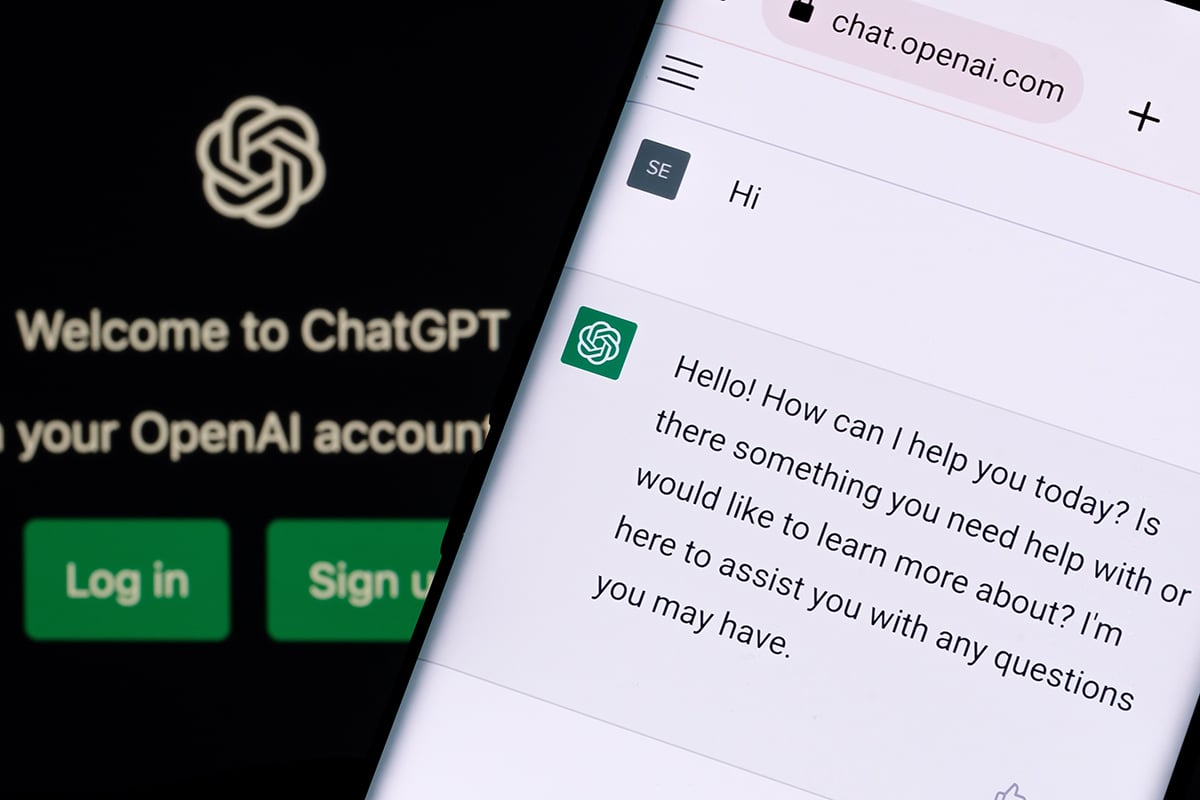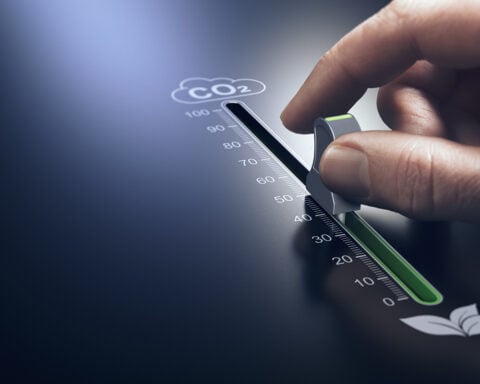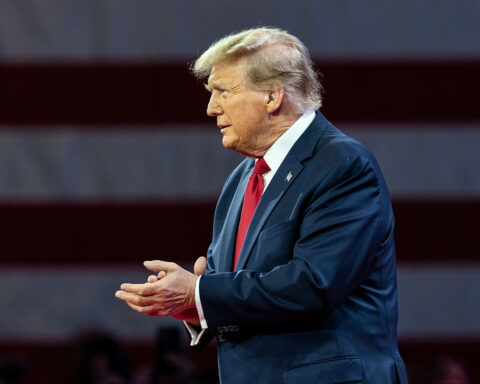In a rapidly evolving technological landscape, the first anniversary of ChatGPT’s debut marks a momentous occasion, characterized by both jubilation and controversy. ChatGPT, the brainchild of OpenAI, has made remarkable advancements over the past year, revolutionizing various industries and rekindling the world’s fascination with artificial intelligence. However, this milestone unfolds against a backdrop of internal tumult within OpenAI, casting a shadow of uncertainty over AI’s future and its implications for humanity.
ChatGPT’s Astonishing Journey
In just a single year since its launch, ChatGPT has taken the world by storm. This user-friendly generative AI has captivated the public with its uncanny ability to engage in human-like conversations, compose emails and essays, and offer concise solutions to intricate queries.
Within a mere two months, it skyrocketed to become the fastest-growing consumer application in history, boasting an estimated 100 million active users by January. ChatGPT’s surge in popularity has ignited a fierce competition among companies, creating a thriving marketplace for AI talent. It held the tantalizing promise of transforming white-collar work, albeit not without concerns about potential adverse consequences.
Societal and Industrial Impact
The impact of ChatGPT on society has been a mixed bag of hype and real-world implementation challenges. Educational institutions are still grappling with how to effectively leverage this technology as a personal tutor while contending with its capacity to complete assignments on behalf of students.
Artists and creatives have experienced disruptions as ChatGPT churns out content, raising concerns about safeguarding their intellectual property. Moreover, the labor market has begun to feel the ripple effects, with reports of its negative influence on employment opportunities and earnings for online freelancers.
Debates Surrounding the Future of AI
The AI revolution, propelled by ChatGPT and similar technologies, continues to elicit passionate debates. Tech giants are pouring billions into AI research, and nations are stockpiling the necessary hardware for future AI endeavors.
However, the promises and perils of generative AI remain subjects of fervent discussion. While some envision a future marked by heightened productivity, reduced working hours, and enhanced job prospects, others have encountered unanticipated challenges and uncertainties. The proliferation of AI-generated content has inundated the internet, ushering in fresh challenges and opportunities.
Envisioning a More Equitable Future
As generative AI tools like ChatGPT persist in our technological landscape, the pivotal question revolves around how to ensure they bestow equitable benefits upon society and avoid exacerbating existing disparities. The potential for AI to supplant numerous human jobs raises concerns about widespread unemployment. Yet, there is also optimism concerning a future in which humans have more time for personal pursuits and passions.
Computer science professor Jeff Clune emphasizes the need for society to adapt to these changes. Creative solutions, such as taxing AI companies and reallocating funds or experimenting with universal basic income, may be necessary to address the challenges posed by the widespread adoption of AI.
Navigating Through Challenges and Opportunities
ChatGPT’s first anniversary arrives amidst a whirlwind of transformation and progress. While it has undeniably demonstrated the transformative potential of AI, it has also underscored the imperative of carefully considering its societal impacts. OpenAI’s recent internal turmoil, including the ousting and reinstatement of CEO Sam Altman, has cast doubts on the organization’s ability to fulfill its mission of benefiting all of humanity through AI.
As we reflect on the remarkable journey of ChatGPT and the AI revolution it has ignited, one thing remains crystal clear: the road ahead may be fraught with challenges, but the allure of AI continues to captivate and intrigue. Humanity must adapt, innovate, and ensure that AI serves the greater good as it increasingly becomes an integral part of our lives.







